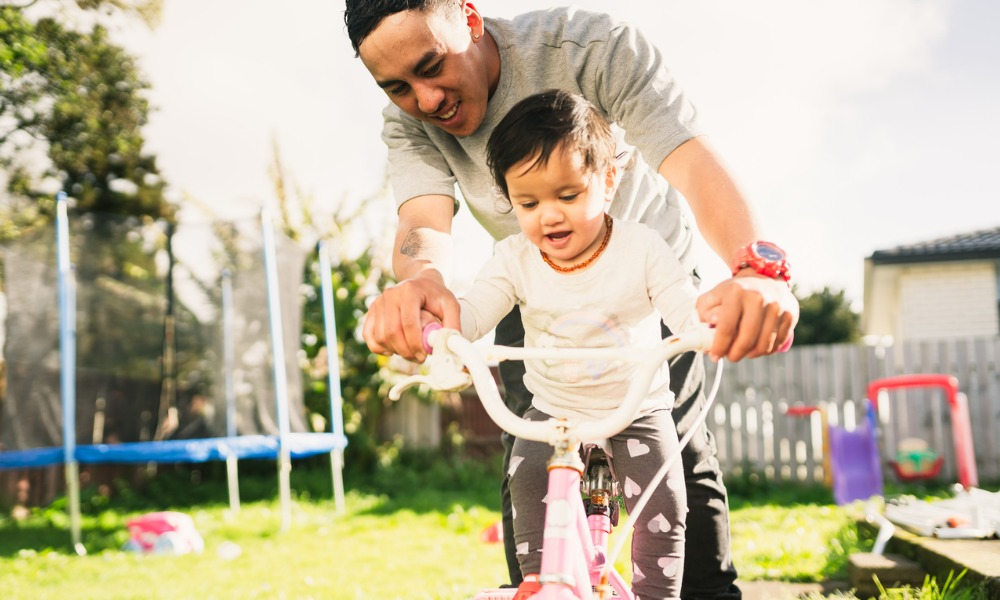One respondent says not being able to buy their own home or survive comfortably is their biggest concern for their child

A new survey has revealed that ethnic minority parents are feeling the burden of financial, societal, and household pressures more than their Pakeha counterparts.
Health insurer NIB’s the fourth annual State of the Nation Parenting Survey, conducted by global research company One Picture, polled 1,226 parents, step-parents, and guardians of children under 18 online nationally between Sept. 9 and Oct. 7, to find out how the rising cost of living impacted parenting in New Zealand.
The survey respondents reported an overwhelming increase in societal and household pressures around rising prices, with Asian (73%), Maori (72%), and Pasifika (72%) parents significantly more affected in their ability to raise children, compared to 62% of Pakeha, NZ Herald reported.
Some 22% of Asian parents and 21% of Pacific Islanders also reported going without essentials, such as by skipping meals and petrol, compared with 10% Pakeha and 13% Maori.
The number of adults living in a household and the age and gender of the parents were contributing factors, with younger parents and women finding it tougher.
Many ethnic minority kids may also be facing a bleak Christmas, with 55% of Pacific Island parents, 47% of Maori parents, and 42% of Asian parents saying they will be cutting back on buying toys, games, and gifts compared to 34% of Pakeha parents.
The survey also found that 57% were worried about juggling work and family life or managing job security, while two in five are stressed about financial uncertainty and a third are concerned about managing debt.
Rob Hennin, NIB New Zealand chief executive, said Kiwis recovering from years of COVID-19 disruptions were now facing economic hardship as rates and prices surge.
“Parents were just beginning to adjust to a ‘new normal’ in the wake of COVID-19 when cash rates began to rise and house prices plummeted. It’s no wonder they are now feeling the pressure,” Hennin said. “In fact, a third of parents surveyed are worried about debt and mortgage repayments. This is on top of the existing home life pressures such as navigating relationships (29%), health (27%), and even separation from loved ones overseas (13%).”
Twice the number of Pasifika and Asian parents reported needing a secondary income compared to 10% of Pakeha parents. Overall, more than four in 10 said they struggled to balance work and parenting.
Parents were also worried about their children’s future because of the rising cost of living, with one respondent saying their biggest concern for their child was “not being able to buy their own home or survive comfortably even if they make a good wage, because everything is so expensive nowadays,” NZ Herald reported.
Do you agree that ethnic minority parents are having a tougher time raising their kids amid rising cost of living compared to their Pakeha counterparts? Share your thoughts below.



